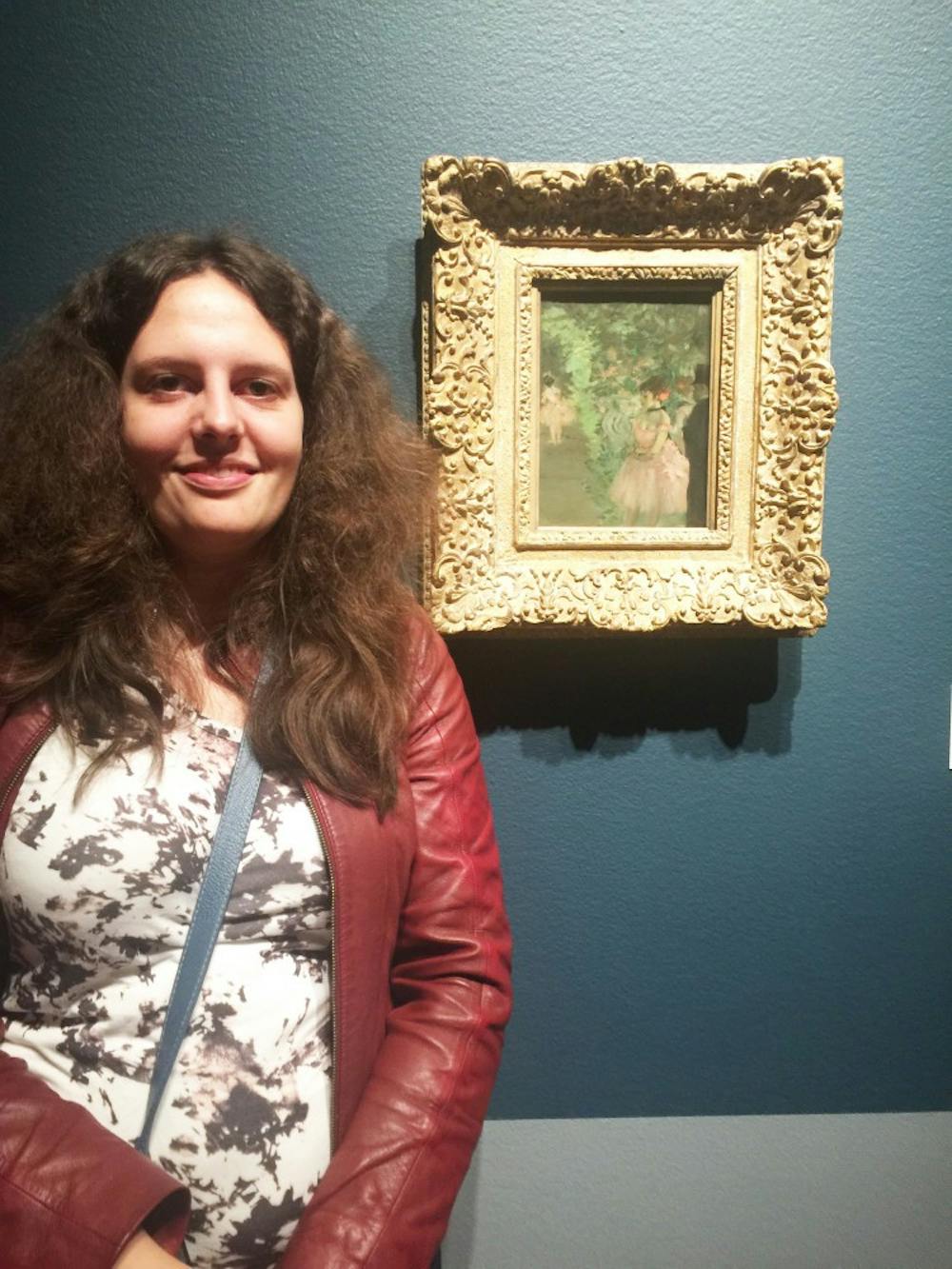By Natalie Young |
When I was little, adults said I was “quiet,” with a “wild imagination.” I was an average student, who loved fantasy books and played make-believe. I had some trouble with math and science, but overall, I got good grades. As far as my family and I were concerned, I was “normal.”
In 6th grade, I transferred to a private school. Nobody expected me to be a grade-A student, but even I was surprised when I started getting F’s. I couldn’t focus in class; I had a hard time remembering to do my homework. On top of all that, I was depressed. When therapy didn’t help, my parents arranged for me to meet with my school’s “organization counselor.” She helped me stay on top of my schoolwork but didn’t do much for me mentally.
I became suicidal in 7th grade. I don’t have a lot of memories from that time, because I was an insomniac. What I do remember are the moments of extreme happiness and extreme despair. I remember thinking I was broken, that there was something wrong with me. In my mind, that was the only logical explanation for what was happening to me.
When people think of ADHD, they tend to think of a little boy who can’t sit still. The CDC’s 2011-2013 study found the ADHD diagnosis rate in young boys to be twice as high as the rate for girls. The “hyperactive little boy” is the ADHD stereotype, so I’m not surprised that I wasn’t diagnosed sooner. My parents and I thought my bad grades were a symptom of my depression when, in fact, they were both symptoms of something else.
When I was diagnosed in 9th grade, I was scared. Until then, my experience with disability was limited to the kids with severe developmental disabilities at my elementary school. Nobody had explained to me that they needed teachers trained in accommodating their needs. I thought that all the “disabled” or “special” kids were put in that classroom. To my surprise, I was just given medicine and told to meet with the high school learning disability counselor.
If you met me today, you wouldn’t know I’m ADHD. You might even assume that I’m “completely normal.” And in some ways, I am. My depression has been in remission for 3 years, thanks to the help I got from my counselor, various support groups, and my family. As a theatre major, I’m putting my wild imagination to good use.
I’m tempted to tell you that finding the positive is easy. But it’s not. I didn’t consider ADHD a good thing until junior year. I forgot to take my medicine one day, and noticed that I was really good at coming up with project ideas in art class. Finding the positive marked a key turning point in my life. Once you notice something good coming out of your “curse,” it’s impossible to keep calling that thing a “curse.”
I see happiness as a little seed planted inside everyone. When the conditions are right, it will start to take root. For me, that right condition was mental stability. And it took me a long time to get there. First, I found things in my life that helped me get out of bed in the morning: my parents and theatre. Then, I asked for help — continuously.
If you’re struggling with mental illness or disability: Please don’t give up. Tell someone what you’re feeling. Find something that gets you out of bed in the morning, and hold onto it. Let your seed take root.
Natalie Young is a sophomore theater major and can be reached at youngna18@up.edu.








